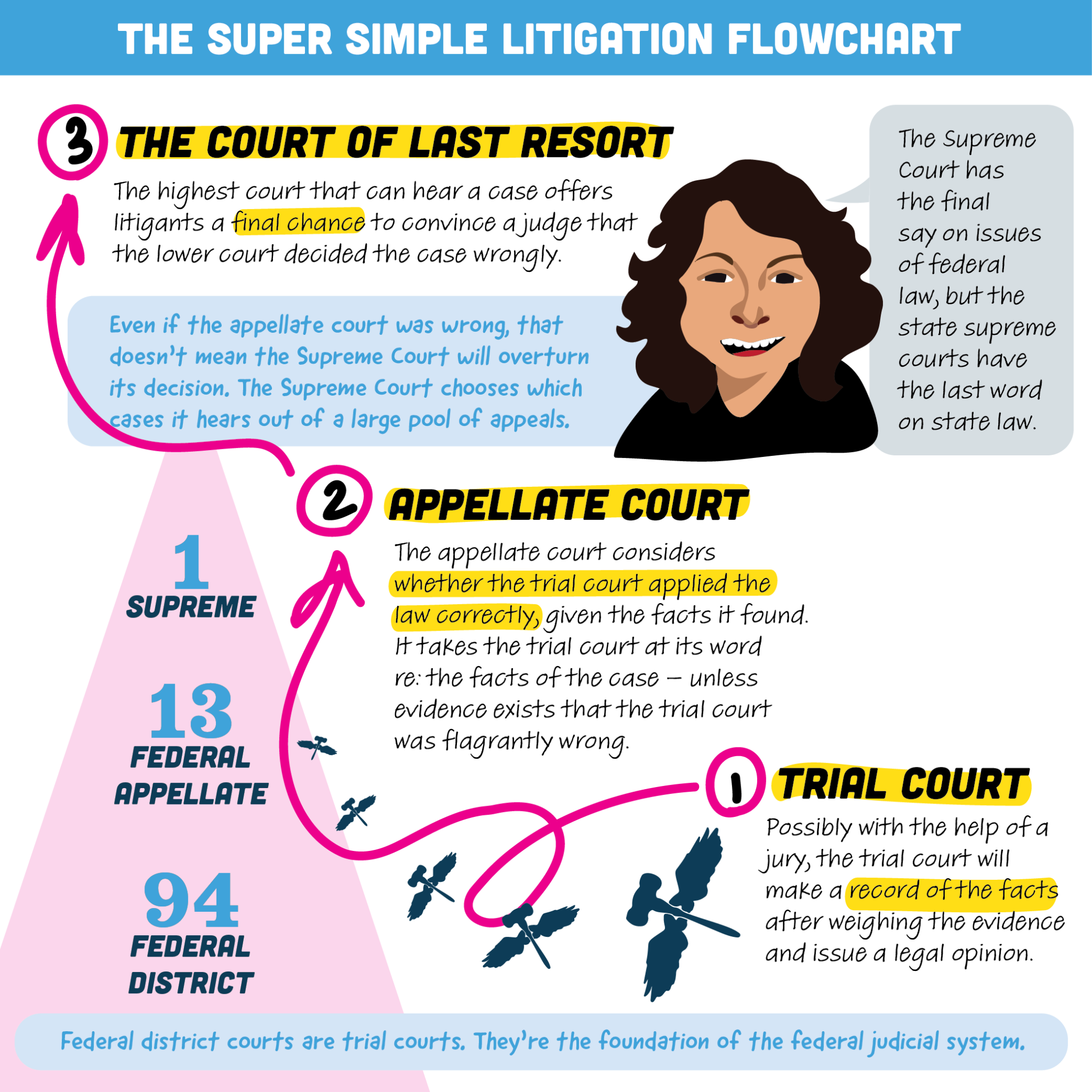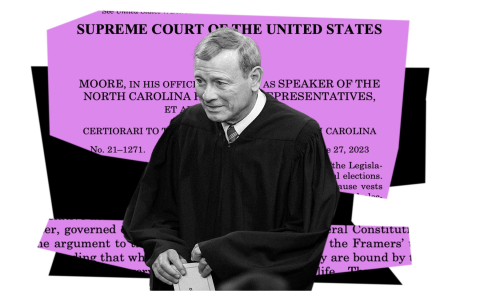Okay, so today I was digging into this whole Supreme Court thing, you know, can they really overturn a state case? It’s kinda confusing, so I decided to really figure it out.

My Research Journey
First, I started with good ol’ Google. Just typed in “can the supreme court overturn a state case” and, boom, tons of stuff popped up. Lots of legal jargon, though. It was a little overwhelming, to be honest.
So, I tried to break it down. I focused on finding simple explanations, like blog posts or articles aimed at regular people, not lawyers.
- I found a few articles that talked about “federal questions.” That seemed important.
- I also learned that it’s not super common for the Supreme Court to get involved in state cases.
- I checked the websites to figure out more detail.
Then, I dug a little deeper. I wanted to see if there were any real-life examples I could understand. I searched for things like “Supreme Court overturned state decision” and found some interesting cases.
Reading about those cases, I started to see how it all works. It’s basically like this: if a state court’s decision involves an issue with the U.S. Constitution or a federal law, then the Supreme Court can step in. It’s not about whether they agree with the state’s decision, it’s about whether the state court followed federal law correctly.
It’s still kinda complicated, but I definitely feel like I have a better grasp on it now. Basically, the Supreme Court is like the ultimate referee for legal issues involving the Constitution, even if the game starts in a state court.

The whole process showed me that even seemingly simple questions can have complex answers, especially when it comes to the law. But, by breaking it down and looking for real-world examples, I could actually make sense of it.













